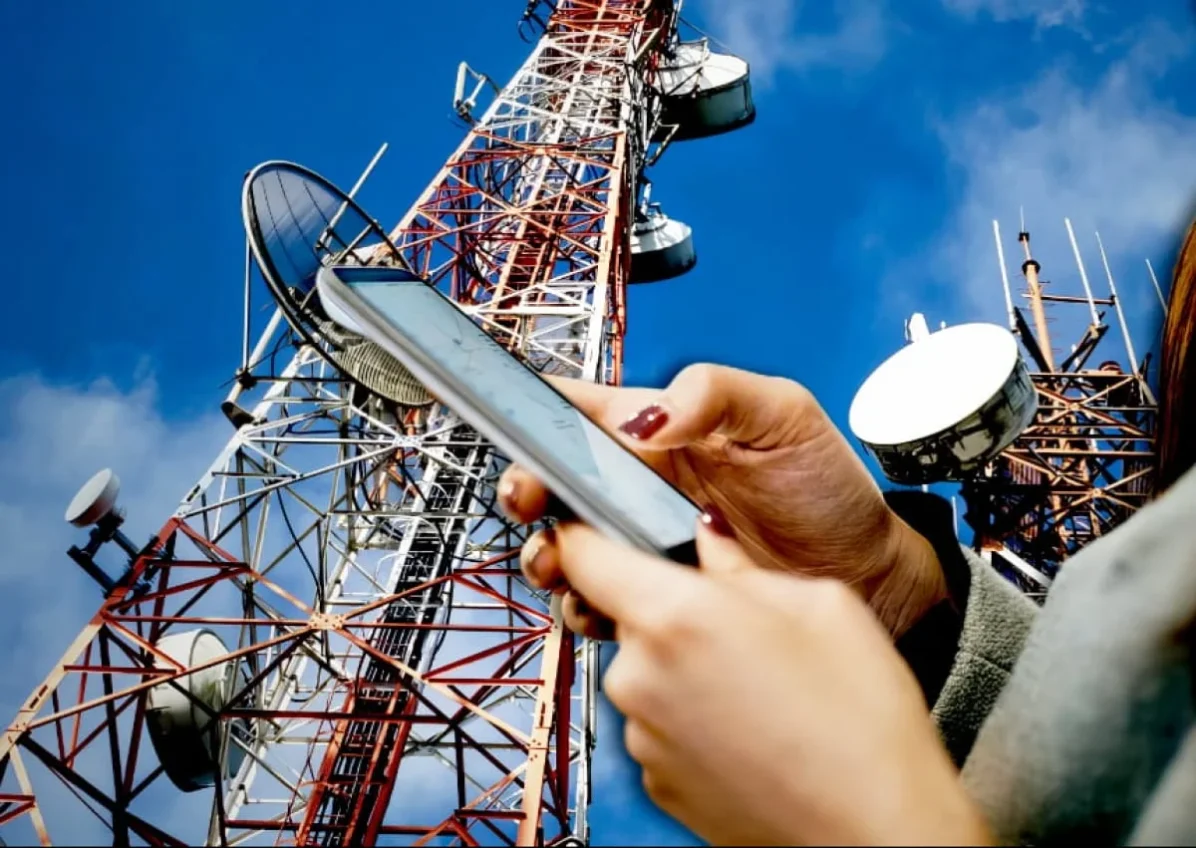Why are there problems with mobile communication during periodic power outages?
This happens because, in normal mode, the load from users is distributed evenly throughout the operator’s network. The operator configures each mobile communication station according to the number of people who live and work in the area closest to the station. All morning and evening load peaks are taken into account.
If one station loses power and shuts down, then all the load it was holding is transferred to other stations. And as a result, a skew occurs, as a result of which we see the inscription LTE on the screen (plus there is a good signal level), and the Internet “does not pull”, and often it is not there at all. Moreover, as soon as a station takes over excess traffic from a neighboring station that has disconnected, its batteries immediately begin to discharge faster. And of course, when the electricity goes out in the apartments, most of them switch from WiFi to LTE. So the whole chain gradually breaks.
How many hours do the batteries “keep” the base station of mobile communication?
Differently. Usually from 2 to 4 hours. Sometimes there are 6.
Why such a difference?
It depends on the resource and the number of batteries, but there is another key factor. With frequent shutdowns, lead batteries simply do not have time to fully charge. And they don’t “keep” the connection for the necessary hours.
What does the operator do?
Changes batteries from lead to more expensive LiFePo. They charge faster. But replacing batteries at thousands of stations is a long and expensive process, but it continues, and in a year, operators have replaced about half of all batteries. This will certainly improve the situation, but it will not save it.
And if the shutdown schedule is very strict and there is no light for a long time?
For this, our state designated key mobile communication stations for the needs of state protection and equipped their operators with gasoline and diesel generators. Of course, there are fewer automatic generators. You can’t put them anywhere you want. Most objects have to be fed manually.
That is, to come to the object, take out the extension cord and start the generator there. Of course, behind this is a large amount of work, and it is impossible to recruit so many people into the staff, so the operators turn to the military for help, etc.
Of course, mobile communication in the country is of strategic importance, and it is necessary to work on its functioning in conditions of power supply failures. Does the state or other countries help telecommunications operators to increase backup sources
